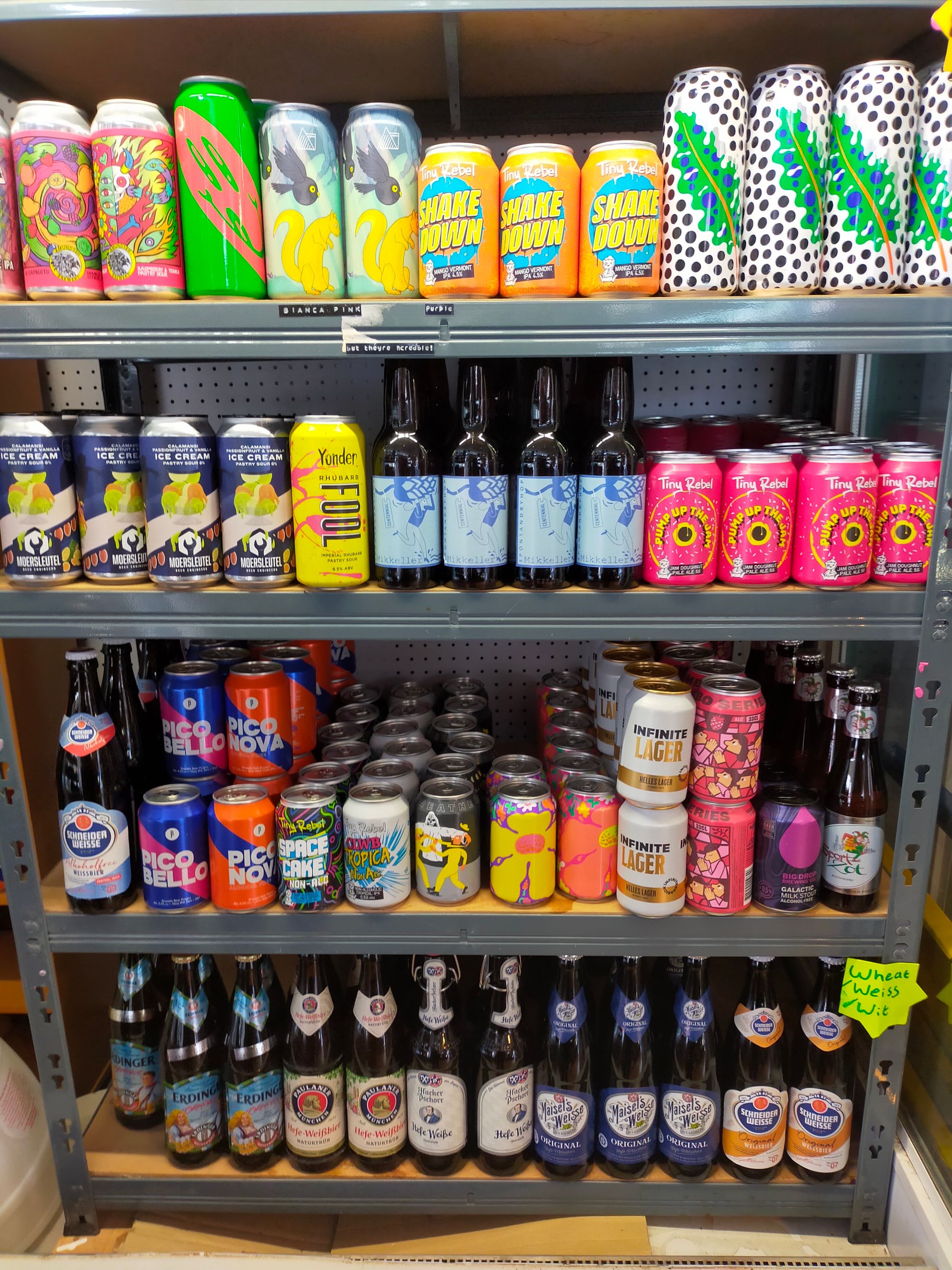By Milan Perera, Deputy Editor
Alcohol Awareness Week (July 3-9, 2023) serves as a reminder for university students around the UK to reflect upon the drinking culture that often accompanies the university experience. This year’s theme is ‘Alcohol and cost’, especially during a cost of living crisis. The total social cost of alcohol is estimated to be at least £21 billion each year.
Universities have long been associated with a prevalent drinking culture, fuelled by a variety of factors. For many students, the newfound independence and social opportunities present a gateway to explore their freedom, often resulting in alcohol becoming a central aspect of socialisation. Society parties, campus events, and even casual gatherings often revolve around alcohol, perpetuating a culture that normalises heavy drinking.
Alcohol Awareness Week is annually organised by Alcohol Change UK to raise awareness on the impact of alcohol abuse and signpost those who are in need of help to prompt life style changes.

While socialising and occasional drinking are a part of the university experience, it has been a top priority of universities to address the negative consequences that can arise from excessive alcohol consumption. These include physical and mental health issues, academic difficulties, risky behaviour, and even alcohol dependency. Furthermore, alcohol-related incidents, such as accidents, violence, and sexual assault, are regrettably prevalent on campuses.
Many university based societies such as Bristol Pantomime Society (PantoSoc) have adopted non-alcohol events where attendees do not feel pressured to consume alcohol.

Speaking to Epigram, Dr Richard Piper, Chief Executive at Alcohol Change UK, said:
‘Alcohol can bring some short-term pleasure to some of us, but by its very nature it can encourage us to ‘overdo it’, whether on a particular night out or through everyday drinking becoming a regular habit. It puts our health, relationships, and safety at risk. It can harm our physical and mental health; and those around us and can sometimes cause us to spend more than we’d like.
‘By taking control of our drinking, we can save money, improve our health, have more energy, improve our memory, have better sleep, reduce anxiety, improve our mood, and have better relationships.’
He went on to explain the importance of changing the approach to alcohol consumption:
‘A great way to start is by recording what you drink for a few weeks. Use the free app Try Dry to help you keep track and set personalised goals to help you manage your drinking year-round.
‘And if you are worried about your drinking, know that support is available. It’s best to speak to your GP first as they will be able to provide confidential advice and refer you for extra support.’

According to a survey carried out by Students Organising for Sustainability UK (SOS), a majority of UK university students think that drinking and getting drunk is part of university culture (81 per cent) and over half of them reported drinking alcohol more than once a week (53 per cent).
The survey also indicated that nearly two thirds of students drink at home or at a friend’s house before going out for the night (61 per cent) and around half of students think that getting drunk will ensure they have a good night out (51 per cent) but 78 per cent say they do not have to get drunk to have a good night out.
Information and advice on adopting responsible drinking practices are available at Alcohol Change UK. In addition, Check Your Drinking is a quick self-test to check if drinking is likely to be impacting one’s health.
A full NHS GP doctor service at Students’ Health Service is available for University of Bristol students who are in need of help on issues relating to alcohol abuse.









